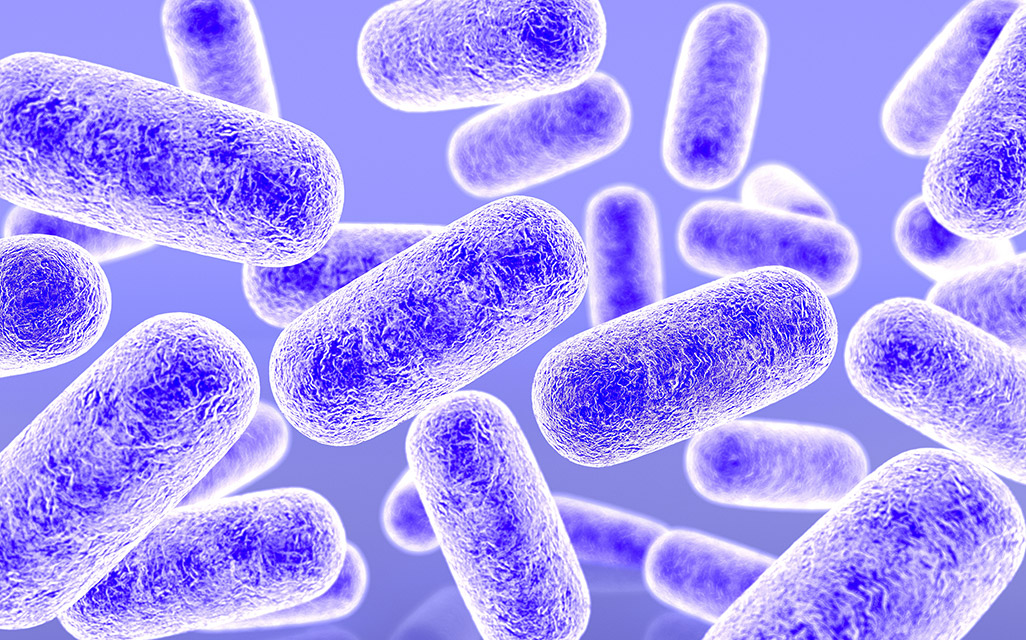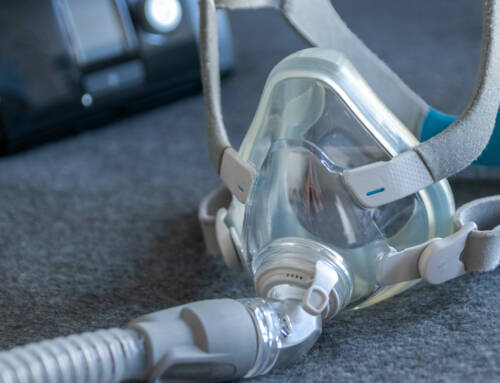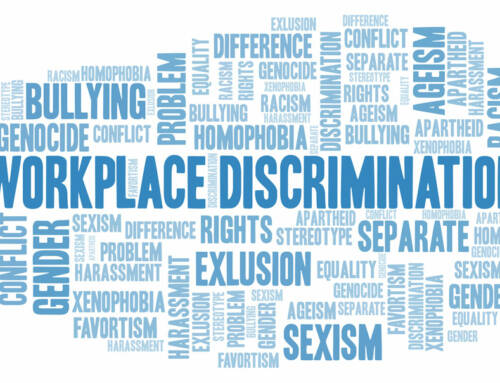Company Recalls Party Platters To Prevent Listeria Outbreak
St. Paul, Minnesota-based J&J Distributing, which sells taco trays, dip trays, and other party platters nationwide, has recalled hundreds of products which may have been tainted with Listeria monocytogenes.
The company discovered the possible contamination during routine tests. J&J Distributing emphasized that the recall was precautionary, as there have been no reports of illness as of yet. If you purchased a J&J Party Platter in February or March 2021, you should return it to the retailer and ask for a refund.
Older adults, younger children, pregnant women, and people with compromised immune systems are especially at risk for Listeriosis, the disease associated with Listeria poisoning.
Listeria Contamination
Many strains of bacteria, such as the bacteria in dirty swimming pool water, only adversely affect people with certain vulnerabilities or pre-existing conditions. Listeria monocytogenes is different. As mentioned, some people are especially vulnerable to Listeriosis, but this condition can affect anyone. The stakes are high. The disease has about a 25 percent fatality rate. The survivors almost always get seriously ill. Once victims ingest food with this bacteria, it attacks the central nervous system almost immediately.
In fact, the risk is so high that most doctors advise pregnant women not to eat soft cheeses, even if they are supposedly safe. The risk of L. monocytogenes infections, which is one of the leading cases of meningitis in newborns, is simply too high.
Listeriosis symptoms include headache, confusion, loss of balance, muscle aches, and fever. Some people experience these symptoms within a few days, but the latency period is usually at least two months. So, many of these victims do not know they are sick until it is too late.
The Listeria bacteria lives in soil and water. So, pretty much any food could be contaminated. Vegetables and dairy products are the leading sources of Listeriosis. Sometimes, this bacteria taints processed food, such as processed meat.
Recently, the Food and Drug Administration approved a bacteriophage (bacteria-killing virus) which is effective against L. monocytogenes. EBI Food Safety hopes to manufacture a substance which can be sprayed on vegetables, meats, cheeses, and other foodstuffs.
Liability Issues
When the FDA or another agency recalls dangerous medical devices, contaminated food, or dangerous drugs, it’s the classic example of closing the barn door after the horses run away. Additionally, the FDA cannot award compensation to victims.
Legal actions cost companies money, directly and indirectly. They must pay compensatory and punitive damages (more on that below). Additionally, food safety concerns affect the company’s reputation. Sales decline and the company must spend money to restore its sullied reputation.
Unfortunately for victims, these indirect costs also encourage companies to hide safety and other concerns. Therefore, the published concern is often only the tip of the iceberg. Frequently, there’s a lot more the company is not telling people.
Compensatory damages usually include things like medical bills and emotional distress. If the victim died, these damages could be considerable. A lifetime of lost income and lost emotional support is almost impossible to calculate.
As the name implies, punitive damages punish the company and deter future misconduct. These damages are frequently very high as well. They have to be, because money is the only language most of these companies speak. Unless damages are very high, they will continue to put profits before people.
Dangerous foodstuffs could very well be in your pantry or refrigerator at this moment. For a free consultation with an experienced personal injury attorney in New York, contact Marie Kaiser Napoli. Virtual, home, and hospital visits are available.






